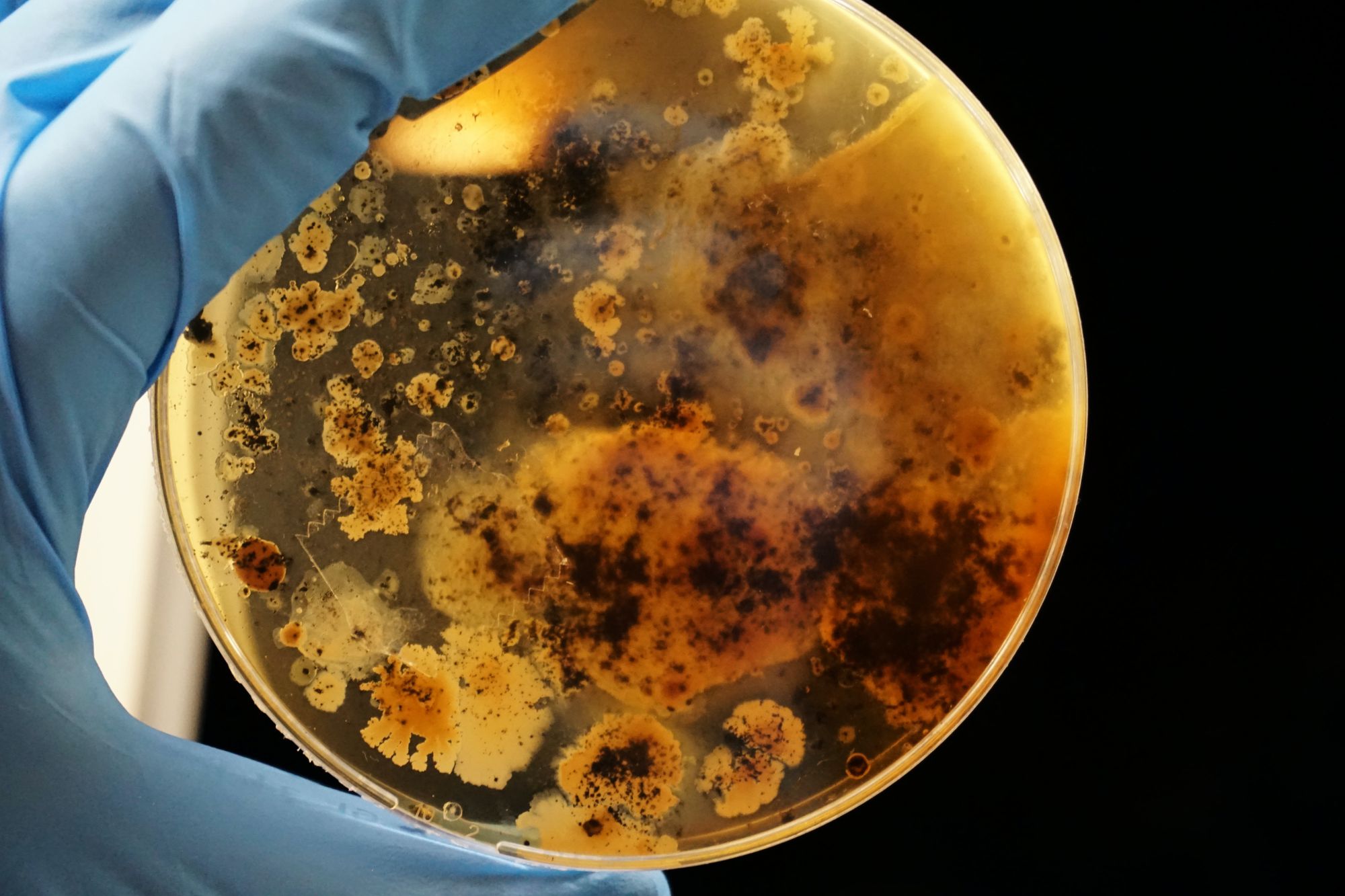By Amelie Heimann, Second Year, Biochemistry
As Bristol scientists crack the code for engineering bacteria in extreme environments, Amelie Heimann explains why this could be so important
Bacteria have the potential to help in medical and environmental settings however, it has repeatedly proved difficult to construct bacteria that can survive outside the controlled environments of the laboratory. That is why the team from Bristol have worked in collaboration with the University of Hamburg to find a solution.
Bristol Researchers have recently developed bacteria that harbour an additional protein reserve that can be broken down in extreme environments. This is a huge breakthrough, as it could help bacteria survive in soil or within the human body where nutrient availability is variable and not as defined as in laboratory conditions. These bacteria can then be enlisted to fight disease or improve quality of life.

The system acts similarly to a ‘biological battery’ that the cell can use for continual growth and survival when in nutrient poor surroundings.
To enable the essential amino acids to be released in a nutrient poor environment, researchers had to design a way in which the protein reserves were broken down in the bacteria. They based this on pre-existing methods of how bacteria break down proteins, but the team targeted it specifically to these additional protein reserves.
Short peptide tags can attach to the proteins and act as a signal for its own destruction, by which the amino acids that make up the protein are then released into the environment. In this research the team focused on the SsrA peptide tag system, which has been well researched in E coli bacteria and the genetic sequences of the peptide tags are known.
The system acts similarly to a ‘biological battery’
The Bristol and Hamburg researchers also found out that the different sequences of these peptide tags can also work to alter the rate at which the protein is broken down, so they compared the effectiveness of two of these SsrA tags.
They did this by adding a fluorescent property to the specific protein they wanted to destroy and comparing fluorescent levels with each respective tag. Lower levels of fluorescence would show that there would be reduced levels of protein, indicating a more successful experiment.
Point-of-Care Tests may be solution to growing antibiotic resistance crisis
Scientists discover microorganisms that exacerbate greenhouse gas emissions from thawing permafrost
In addition to these experiments the researchers also developed a mathematical model to find out the parameters, such as the speed of breakdown and size of the protein reserve that was optimum for the bacteria.
Their discoveries signify a huge step forward in bacterial engineering research, and hopefully the knowledge gained from these experiments will help to accelerate innovation within the field of synthetic biology.
Featured Image: Unsplash / Elena Mozhvilo
How much do you know about Bristol's contribution to recent scientific breakthroughs? Take a look at our SciTech section to read more...









